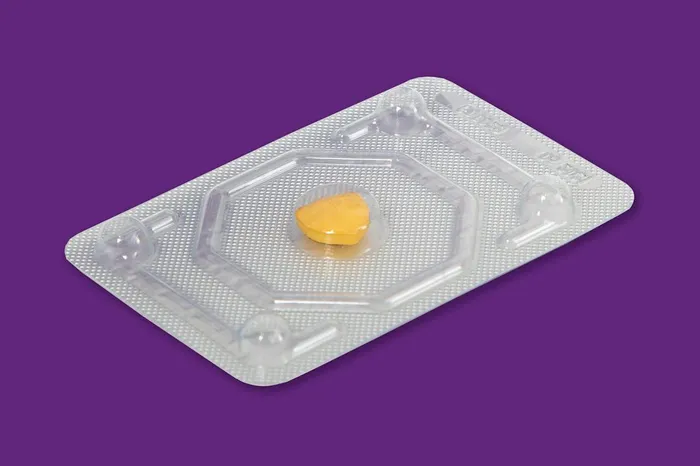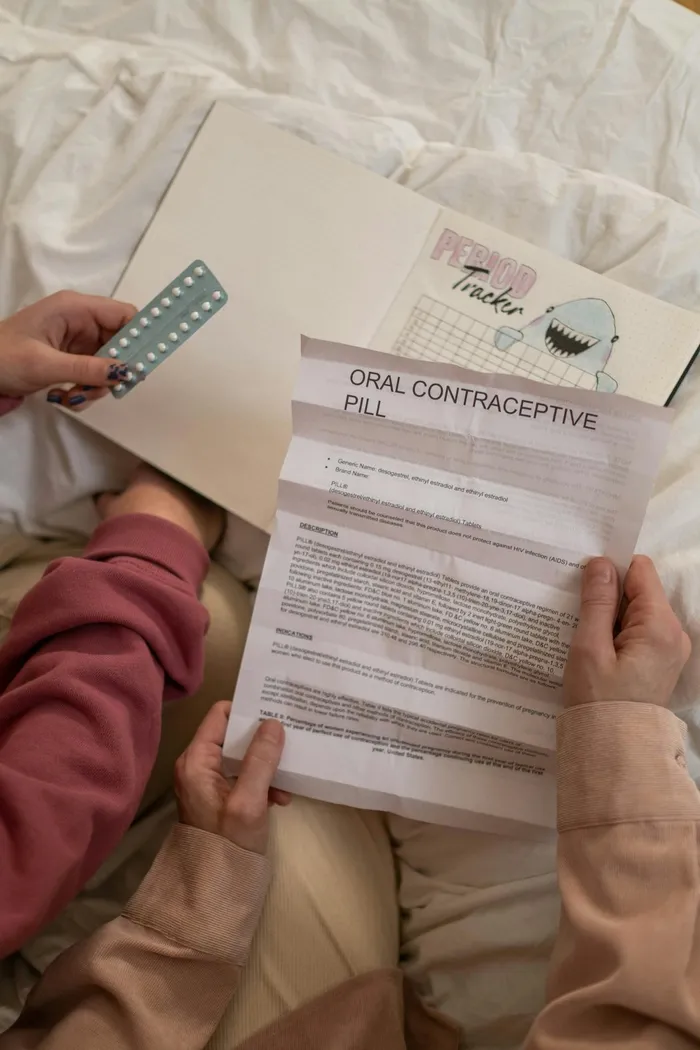Do contraceptives increase cancer risk? Essential insights beyond TikTok myths

For most women, the risks are minor and typically outweighed by the prevention of unintended pregnancy and a reduced risk of certain cancers.
Image: Sophia Moss/ Pexels
TikTok has a way of making health scares go viral overnight. Recently, one video claiming that “the pill is now classified as a Group 1 carcinogen, like tobacco and alcohol” has racked up millions of views and sparked panic among women worldwide.
Some are even considering ditching their contraceptives altogether.
But what’s fact, and what’s fearmongering? Let’s unpack what scientists and doctors actually know about birth control, cancer risk, and your health.
Lately, TikTok has been buzzing with alarming claims: “The pill is now classified as a Group 1 carcinogen, just like tobacco and alcohol.”
Understandably, this has sparked panic. But the truth, as health experts point out, is far more nuanced.
What the WHO says
The World Health Organisation's International Agency for Research on Cancer (IARC) has classified the combined contraceptive pill (oestrogen + progestogen) as “carcinogenic to humans” since 2005.
This does not mean the pill is as dangerous as tobacco or asbestos. It means there is strong evidence that it can increase cancer risk in some situations.
The mini pill (progestogen-only) is not in Group 1 but in Group 2B, meaning it is possibly carcinogenic.

If you have a family history of breast cancer, consulting your doctor about alternative contraceptive options is wise.
Image: cottonbro studio/pexels
What the science shows
Research suggests that hormonal contraceptives can slightly increase the risk of breast and cervical cancer.
A 2023 study by Oxford University’s Cancer Epidemiology Unit found that use of hormonal contraceptives was associated with a 20–30% higher risk of breast cancer.
However, there’s another side: contraceptives can reduce the risk of ovarian, endometrial and colorectal cancers. Long-term use has been linked to a 40–50% lower risk of ovarian cancer according to the Journal of the National Cancer Institute.
Why the “As carcinogenic as tobacco” claim is misleading
Group 1 carcinogens include very different substances, such as processed meat, alcohol, tobacco, and even sunlight.
Being on the same list does not mean equal risk. Smoking is far more likely to cause cancer than taking the pill, but both are supported by scientific evidence as risks.
Cancer Research UK’s Claire Knight explains it best, “Hormonal contraception can slightly increase the risk of breast cancer, but the risk is small, especially in women under 50, who are most likely to use it.
"Benefits, such as preventing pregnancy and reducing the risk of certain cancers, often outweigh the risks. Decisions should always be made with a doctor.”
Every day, carcinogens are everywhere
It helps to remember that cancer-causing agents are part of daily life. Alcohol, processed meats, tanning beds, asbestos, and even too much sunlight all fall into the same category. Yet most of us balance the risks with the benefits of living a normal life.
The key is balance and awareness. Not every carcinogen guarantees cancer; genetics, lifestyle, and length of exposure matter. For example, sunlight is a Group 1 carcinogen, but avoiding it completely would harm your health.
So, should you stop taking the pill? Not necessarily. The pill is not a sudden danger, but it is not without risk. It has both risks and benefits, and these can vary for each woman.
When deciding, consider the risks, benefits, your family history, lifestyle, and health needs. If you have a family history of breast cancer, talk to your doctor about alternative options. If you’re concerned about long-term cancer risks, remember that the pill also protects against other cancers.
If you want reliable contraception, long-acting methods like IUDs or implants may be worth discussing with your healthcare provider.
The viral claims have stirred fear, but they leave out the bigger picture: hormonal contraceptives come with both risks and protective benefits. For most women, the risks are small and often outweighed by the benefits of pregnancy prevention and reduced risk of certain cancers.
If you’re worried, the best step isn’t to panic-scroll TikTok or quit your pill overnight. It’s important to have an honest conversation with your doctor about your health, your family history and your priorities.